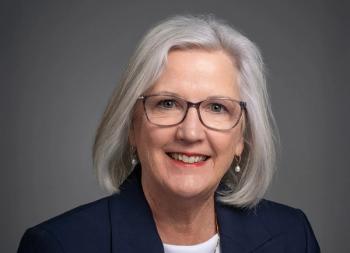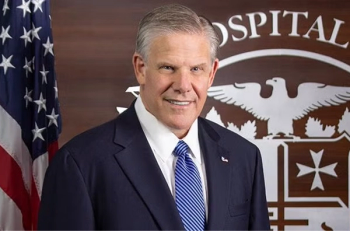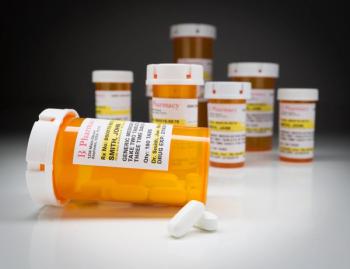
Hospitals say UnitedHealth aid program for cyberattack is ‘not even a band-aid’
UnitedHealth Group created a temporary assistance fund, but the American Hospital Association says it comes with too many strings. Providers also say they want more communication.
In the wake of the Change Healthcare cyberattack, UnitedHealth Group has launched a temporary assistance fund to help hospitals and other health providers.
However, hospitals say the program falls short in many ways. Rick Pollack, president & CEO of the American Hospital Association, said in a letter to UnitedHealth Group that the program “is not even a band-aid on the payment problems you identify.”
Change Healthcare, a subsidiary of UnitedHealth Group, provides scores of services to hospitals, including revenue cycle management, prescriptions, insurance approvals and clinical support. Change Healthcare is still working to recover from a cyberattack on Feb. 21.
On Friday, UnitedHealth Group announced
The program is designed for providers who have seen an interruption in payments, but doesn’t cover those who are seeing disruptions in claim submissions.
“We have been able to estimate your average weekly payments, which will be the basis for the support. Our plan is to take this week by week with people re-upping for funding each week as needs persist,” UnitedHealth Group says.
Still, hospitals are expressing growing frustration as the disruptions from the cyberattack continue.
In the letter to Dirk McMahon, president and COO of UnitedHealthGroup, Pollack said hospitals recognize the gravity of the attack and appreciate the recognition of the need to restore payments.
But Pollack also outlines what he sees as shortcomings in the temporary assistance program, including the fact that many hospitals aren’t eligible.
“It falls far short of plugging the gaping holes in funding caused by the Change Healthcare outage,” Pollack said.
“Specifically, this program seeks to address only one of the two major problems facing health care claims processing: payers’ inability to pay via Change Healthcare. It wholly ignores the second and equally problematic issue facing providers: the inability to accurately and in a timely way send claims to payers,” he adds.
Pollack also adds “the terms and conditions of the agreement are shockingly onerous.”
He cited problems with terms including a requirement that funds must be repaid within 5 days of receiving notices, and another provision allowing the company to recoup funds “immediately and without prior notification.” Pollack said the program includes “broad waivers of liability and strict limitations on damages.”
“Taken together, the limited eligibility and these one-sided contractual terms severely undermine the intent of this program,” Pollack wrote. “Indeed, we have heard from some hospitals and health systems that these simply are not terms they can accept, especially when their financial future becomes more unpredictable the longer Change Healthcare is unavailable.”
Pollack also noted that hospitals are still waiting for some kind of timeline from UnitedHealth Group on when Change Healthcare’s services will be fully restored.
“We need real solutions — not programs that sound good when they are announced but are fundamentally inadequate when you read the fine print,” Pollack wrote.
The American Hospital Association sent a
However, in that letter to lawmakers, the AHA also asked Congress to prod UnitedHealth Group to “ensure that UnitedHealth Group takes all necessary steps to remedy the situation, including implementing a meaningful financial assistance program and engaging in frequent and forthright communication with providers.”






























